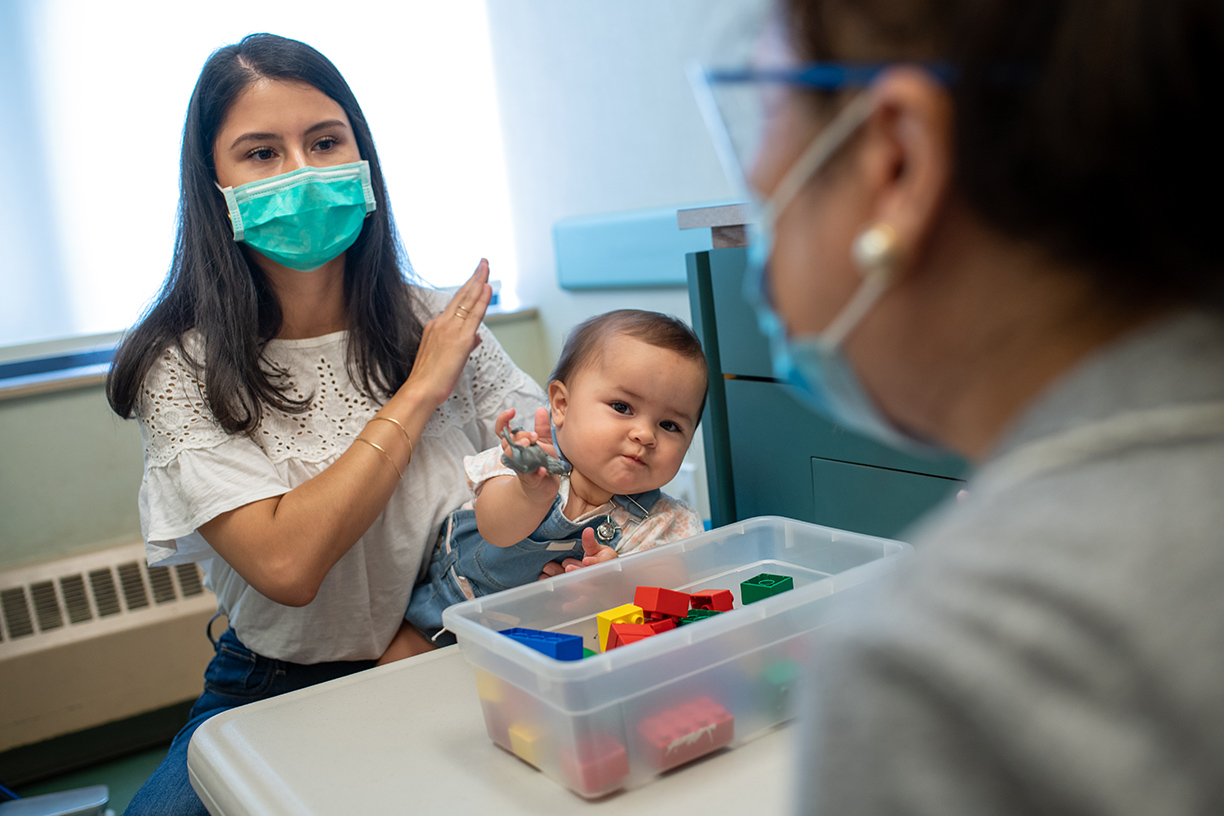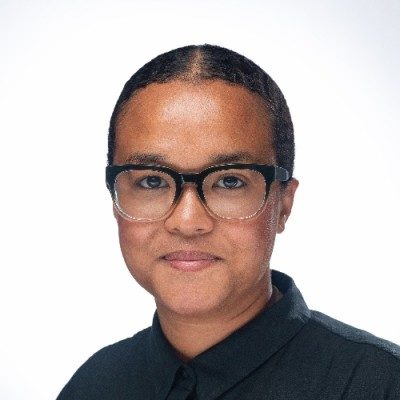Building Babies’ Brains Beyond the Classroom

In many ways, New York City is ahead of the national game when it comes to care for young children. We have universal pre-K and are in the process of making 3k universal, guaranteeing that 3- and 4-year-olds can start engaging in formalized learning. But we know that children start learning as soon as they are born, and as such need access to high-quality early learning experiences to support their brain development.
For our youngest learners, parents and caregivers generally rely on family or friends – or send their children to formalized childcare, which can be prohibitively expensive for most families. Citywide, the annual cost of center-based childcare for infants and toddlers ($18,746) consumes about 31% of median household income for all families with young children. In communities where median incomes are lower, this cost burden can be as much as 65% of income.
If you’re low-income, there are subsidized childcare options available in the form of a EarlyLearn slots and vouchers. Both these options, however, are insufficient in meeting the needs of all low-income families. EarlyLearn, the City-funded infant and toddler care, doesn’t have enough slots to serve all of the eligible families, and currently there is a wait list for vouchers for programs beyond the EarlyLearn system.
Even if childcare was affordable, there is currently only enough space in childcare programs to accommodate 22% of the City’s infants and toddlers. So, parents and caregivers are made to find nontraditional ways to support their children’s learning, and they do so by engaging in early learning experiences beyond the classrooms.
Throughout the City, libraries, laundromats, playgrounds, and doctors’ offices are transforming into brain building environments. Centered on the fact that infants and toddlers are constantly learning, innovative programs are leveraging the spaces that families engage with regularly, by infusing them with activities that are conducive to their development.
Here are a few examples of ways nontraditional spaces are serving their parent and caregiver communities—and building the brains of babies and toddlers:
New York City’s public libraries are a huge source of early childhood programming; they draw in hundreds of thousands of visitors a year. By offering story times for the youngest learners, librarians’ work is twofold: 1) they’re engaging children in fun activities and 2) possibly most importantly, they’re modeling how caregivers can engage in early literacy practices with their children. This, in turn, helps to build the responsive relationships that we know infants and toddlers need. The Queens Public Library’s Kickoff to Kindergarten uses story time and guided activities to help caregivers support early literacy and early reading, in an evidence-based model. At Brooklyn Public Library, Brainy Babies aims to do something similar, using books and songs to promote language development and social-emotional skills.
Well-child visits and Special Supplemental Nutrition Program for Women, Infants, and Children (WIC) are a regular, well-attended part of children’s first year. While these appointments typically focus on physical health, there is the opportunity to leverage these spaces to support brain development as well. In California, Little by Little distributes books into WIC centers. During their quarterly visits, parents get quick coaching on how to engage in that book with their kids alongside the nutrition education they would typically receive during a WIC visit. During well-child visits, doctors’ offices use Reach Out and Read, a program that promotes reading and story time for children to support their brain-building but also to reduce toxic stress.
Too Small to Fail supports families and young children by promoting talking and singing to babies and toddlers, among other strategies, to close the “word gap” that prevents lower-income kids from learning as many words as their higher-income peers. By utilizing playgrounds and in laundromats, Too Small to Fail enhances the environments by incorporating learning activities and even bringing in librarians to support early development with children and parents.
These groups promote early childhood development within a cultural and religious context. For example, the Arab American Family Support Center offers group-based programs for children and caregivers to promote bonding, recognizing the importance of such activities for early brain development and the comfort caregivers can experience while engaging in these practices together in ways that are culturally relevant. Similarly, the New York City Muslim Center supports the diverse Muslim community and leverages Muslim identity to provide a variety of early childhood programming.
The COVID-19 pandemic laid bare the importance of making childcare available to all those who need it – both for allowing parents and caregivers to get back to work and, equally important, for supporting the early brain development of children. While our local and federal governments grapple with how to make high-quality affordable childcare accessible to all families, local, communities-based organizations, institutions, and systems have historically stepped up, and continue to do so, in order to ensure that our youngest learners are engaging in the early learning experiences they need to prepare them for future success in kindergarten and beyond.
